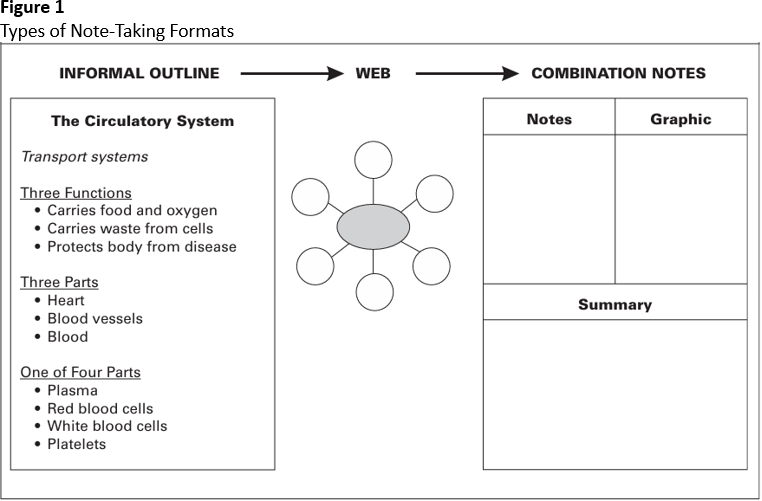

Grammar


Tenses


Present

Present Simple

Present Continuous

Present Perfect

Present Perfect Continuous


Past

Past Simple

Past Continuous

Past Perfect

Past Perfect Continuous


Future

Future Simple

Future Continuous

Future Perfect

Future Perfect Continuous


Parts Of Speech


Nouns

Countable and uncountable nouns

Verbal nouns

Singular and Plural nouns

Proper nouns

Nouns gender

Nouns definition

Concrete nouns

Abstract nouns

Common nouns

Collective nouns

Definition Of Nouns

Animate and Inanimate nouns

Nouns


Verbs

Stative and dynamic verbs

Finite and nonfinite verbs

To be verbs

Transitive and intransitive verbs

Auxiliary verbs

Modal verbs

Regular and irregular verbs

Action verbs

Verbs


Adverbs

Relative adverbs

Interrogative adverbs

Adverbs of time

Adverbs of place

Adverbs of reason

Adverbs of quantity

Adverbs of manner

Adverbs of frequency

Adverbs of affirmation

Adverbs


Adjectives

Quantitative adjective

Proper adjective

Possessive adjective

Numeral adjective

Interrogative adjective

Distributive adjective

Descriptive adjective

Demonstrative adjective


Pronouns

Subject pronoun

Relative pronoun

Reflexive pronoun

Reciprocal pronoun

Possessive pronoun

Personal pronoun

Interrogative pronoun

Indefinite pronoun

Emphatic pronoun

Distributive pronoun

Demonstrative pronoun

Pronouns


Pre Position


Preposition by function

Time preposition

Reason preposition

Possession preposition

Place preposition

Phrases preposition

Origin preposition

Measure preposition

Direction preposition

Contrast preposition

Agent preposition


Preposition by construction

Simple preposition

Phrase preposition

Double preposition

Compound preposition

prepositions


Conjunctions

Subordinating conjunction

Correlative conjunction

Coordinating conjunction

Conjunctive adverbs

conjunctions


Interjections

Express calling interjection

Phrases

Sentences

Clauses

Part of Speech


Grammar Rules

Passive and Active

Preference

Requests and offers

wishes

Be used to

Some and any

Could have done

Describing people

Giving advices

Possession

Comparative and superlative

Giving Reason

Making Suggestions

Apologizing

Forming questions

Since and for

Directions

Obligation

Adverbials

invitation

Articles

Imaginary condition

Zero conditional

First conditional

Second conditional

Third conditional

Reported speech

Demonstratives

Determiners

Direct and Indirect speech


Linguistics

Phonetics

Phonology

Linguistics fields

Syntax

Morphology

Semantics

pragmatics

History

Writing

Grammar

Phonetics and Phonology

Semiotics


Reading Comprehension

Elementary

Intermediate

Advanced


Teaching Methods

Teaching Strategies

Assessment
Adapting Teacher-Prepared Notes to the Stages of Language Acquisition
المؤلف:
Jane D. Hill Kathleen M. Flynn
المصدر:
Classroom Instruction that works with English Language Learners
الجزء والصفحة:
P71-C7
2025-09-11
339
Adapting Teacher-Prepared Notes to the Stages of Language Acquisition
Figure 3 in Adapting Other Note-Taking Formats to the Stages of Language Acquisition, shows an example of teacher-prepared notes for main stream students. Follow the suggestions below to use these notes with all stages of ELLs.
Preproduction
Students can participate in a whole-class discussion on teacher notes when a student completes the graphic part of the chart. You can ask these students to respond nonverbally with “Show me ...” or “Point to ....” For practice, these students can use the teacher-prepared notes and select words they know and do not know. You can also provide students with ways to keep track of their new words (e.g., three-ring binder, spiral notebook, or note cards).
Early Production
Students can also participate in a whole-class discussion when someone completes the graphic part of the notes. Ask yes/no questions or questions requiring one- or two-word responses, such as “Do ants have antennae?” These students can also practice familiar and unfamiliar vocabulary words.
Speech Emergence
Students can answer why, how, when, or where questions using the teacher-prepared written notes and graphics.

Intermediate Fluency
Students can respond to teacher questions that start with “Why do you think . . ..”
Advanced Fluency
Students can write questions (see the third column of Figure 1 in Preproduction). While you are engaging early- to mid-level ELLs in answering questions, English-dominant students and Advanced Fluency students are writing questions.
 الاكثر قراءة في Teaching Strategies
الاكثر قراءة في Teaching Strategies
 اخر الاخبار
اخر الاخبار
اخبار العتبة العباسية المقدسة

الآخبار الصحية















 قسم الشؤون الفكرية يصدر كتاباً يوثق تاريخ السدانة في العتبة العباسية المقدسة
قسم الشؤون الفكرية يصدر كتاباً يوثق تاريخ السدانة في العتبة العباسية المقدسة "المهمة".. إصدار قصصي يوثّق القصص الفائزة في مسابقة فتوى الدفاع المقدسة للقصة القصيرة
"المهمة".. إصدار قصصي يوثّق القصص الفائزة في مسابقة فتوى الدفاع المقدسة للقصة القصيرة (نوافذ).. إصدار أدبي يوثق القصص الفائزة في مسابقة الإمام العسكري (عليه السلام)
(نوافذ).. إصدار أدبي يوثق القصص الفائزة في مسابقة الإمام العسكري (عليه السلام)


















